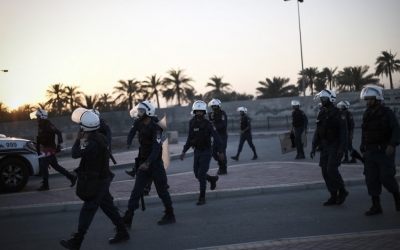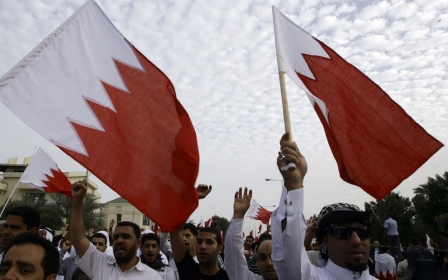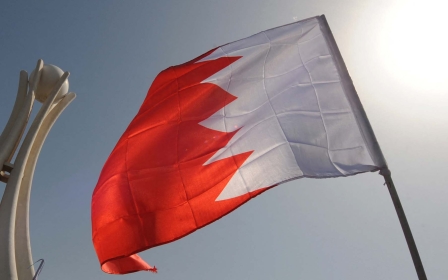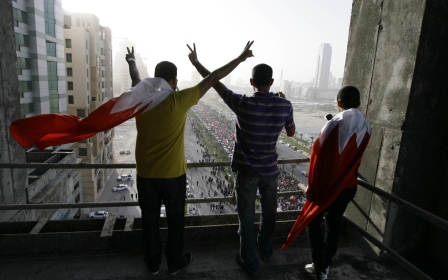Bahrain: Use of death penalty and torture on the rise, says report
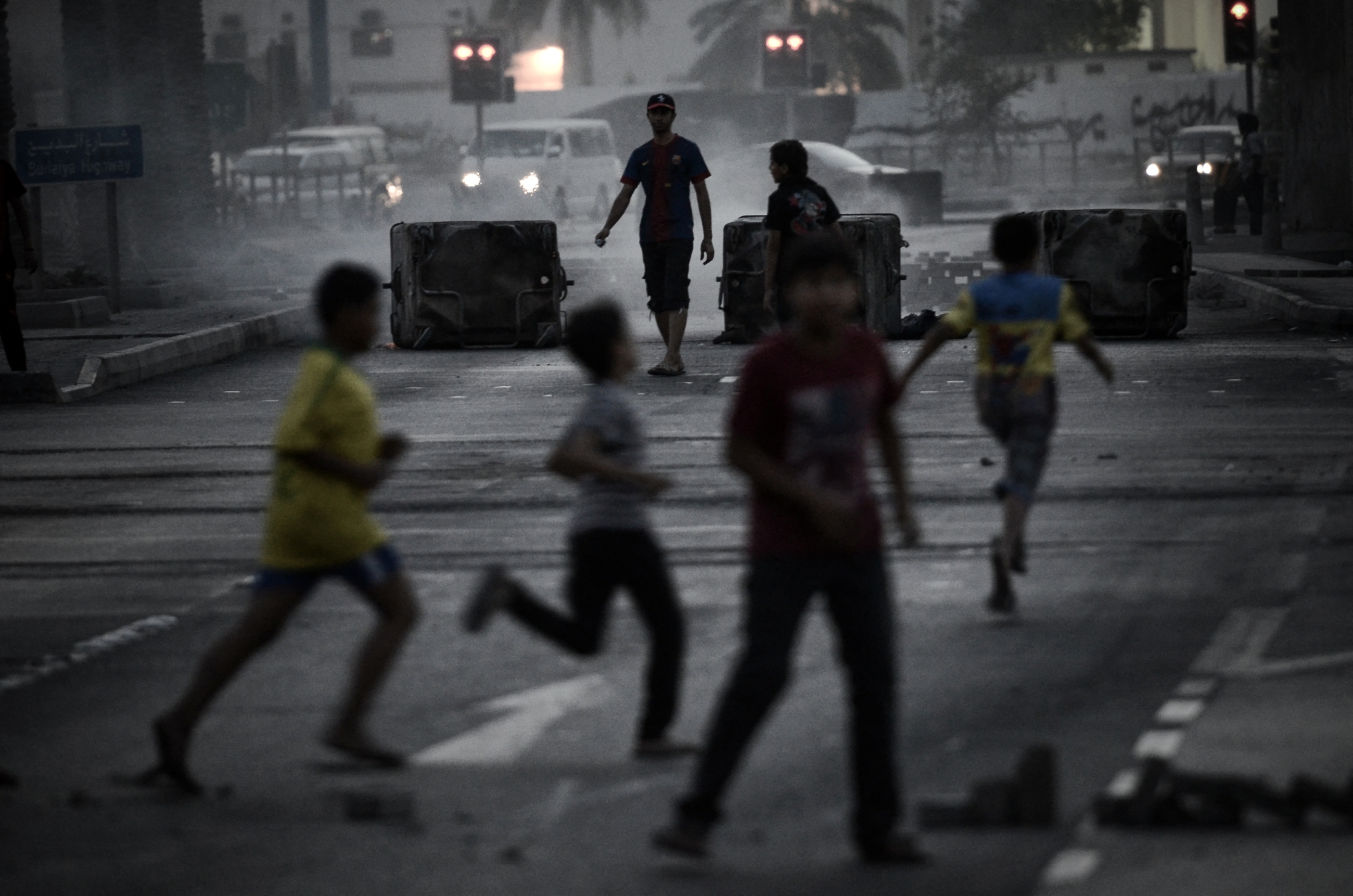
A report published on Tuesday revealed that Bahrain has drastically increased its use of torture and the death penalty since the Arab Spring protests in 2011.
In their report, Reprieve and the Bahrain Institute for Rights and Democracy (BIRD) said that in the last decade, death sentences in the country have risen by over 600 percent.
New MEE newsletter: Jerusalem Dispatch
Sign up to get the latest insights and analysis on Israel-Palestine, alongside Turkey Unpacked and other MEE newsletters
The findings show a stark contrast in the number of people being sentenced to death post-Arab Spring, with 51 people handed the death penalty, compared to seven before.
In 2017 three men from the majority Shia community were executed for the alleged killing of two Bahraini policemen in 2014 after trials that rights groups said were based on confessions extracted through torture.
Shia activists Ahmad al-Mullali, 24, and Ali Hakim al-Arab, 25, were executed following a mass trial of activists for "terrorism crimes", along with a third man, in July 2019.
Many of the people who have faced execution in the Gulf country have been convicted of terrorism charges, and 26 men currently face imminent execution.
The report has also called the use of torture in Bahrain "endemic", citing cases of forced confessions, electric shocks, beatings and attempted rape.
The figures and cases mentioned by the rights groups are based on casework, open-source research and interviews with lawyers, activists, officials and prisoners, however, they state that real figures of death sentences and torture allegations may be higher in reality.
“It is clear that Bahrain must urgently reform its use of the death penalty. The international community must make it clear that support for the justice sector and endorsement of human rights reform in Bahrain is contingent on ending the use of the death penalty and torture,” the report said.
Reprieve and BIRD have both called for all allegations of torture to be investigated by an impartial body.
Rights organisations have long campaigned against the torture used in Bahraini prisons, as well as the stifling of freedom of speech. Many of those convicted of terrorism-related charges were arrested for attending pro-democracy protests.
UK funding of Bahrain
Reprieve and BIRD stated that although the United Kingdom, Bahrain's close ally, has claimed it is opposed to the use of torture, the British government has continued to provide the Bahraini government with funding, which the report claims is being used to "whitewash" human rights abuses.
According to the report, the UK’s funding of Bahrain has had a negative impact, particularly on prisoners, who it said have been failed.
“Since 2012, the UK government has provided over £6.5 million of technical assistance to Bahrain’s justice and security sectors. This assistance is funded in a secretive and opaque way,” it said.
'For those facing imminent execution, the uncertainty of knowing they could be executed at any time is causing an unspeakable strain on their lives and those of their families'
- Sayed Ahmed Alwadaei, BIRD
Sayed Ahmed Alwadaei, the director of BIRD, said that the British government has an obligation to speak out against the injustice and torture being used in Bahrain.
“For those facing imminent execution, the uncertainty of knowing they could be executed at any time is causing an unspeakable strain on their lives and those of their families,” he said.
“Having trained institutions that facilitated death sentences against political prisoners like Mohamed Ramadan and Hussein Ali Moosa, the British government has a moral obligation to speak out against this injustice before it is too late.”
Human Rights Watch has also raised concerns over human rights violations in Bahrain. The rights group says that health and hygiene conditions in Bahrain’s overcrowded prisons are a serious issue, particularly due to the coronavirus pandemic.
Bahrain crackdown
Since the 2011 Arab Spring uprisings, which saw pro-democracy demonstrators take to the streets seeking reforms, the Sunni monarchy has launched a comprehensive crackdown on opposition groups and human rights activists.
Earlier this year, over a dozen British MPs renewed their calls for the UK government to "reconsider its relationship with Bahrain" in order to secure the release of political prisoners.
"Ahead of the 10th anniversary of the arrest of political leaders and activists in Bahrain for their participation in pro-democracy protests, we, the undersigned, are writing to draw your attention once again to the ongoing suppression of democracy and political opposition in Bahrain," wrote Labour MP Zarah Sultana, who composed the letter addressed to the government.
Middle East Eye delivers independent and unrivalled coverage and analysis of the Middle East, North Africa and beyond. To learn more about republishing this content and the associated fees, please fill out this form. More about MEE can be found here.


